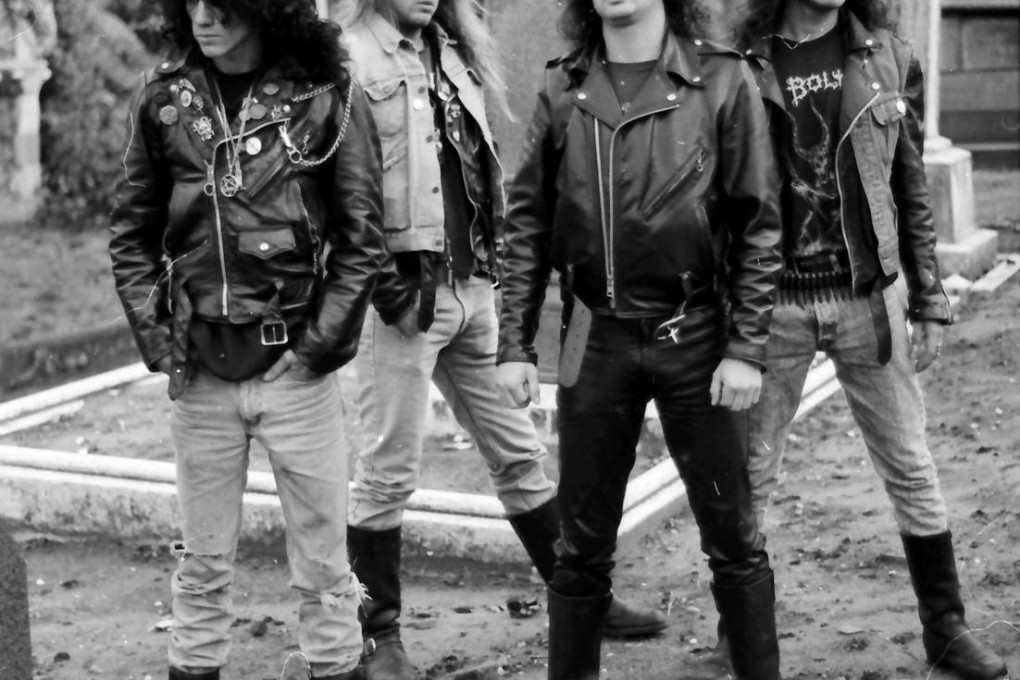Altars of Madness revisited - the birth of death metal
Since heavy metal was forged in Britain in the late 1960s, bands pushed the genre into ever heavier and faster realms. By the late 1980s, US groups such as Slayer and Venom had evolved heavy metal into thrash metal, speeding it up and introducing lyrics that focused on evil, satanism and psychopathy.

Altars of Madness
Morbid Angel
Earache

But 1989 was a year in which metal would undergo another evolution: a new sub-genre, death metal, was born. That genre arrived safely thanks to , the first album of nine from a bunch of Florida metalheads named Morbid Angel.
upped metal's game in several ways. The album not only sped up an already fast-tempo genre, but drummer Pete Sandoval also introduced a range of unusual time signatures and quick tempo changes. These two factors combine to make listening to the album a difficult undertaking, as the constantly changing rhythms mean brutal noise never stays the same long enough for your brain to tune it out.
Throughout the writing and recording of the album, there was a sense of rivalry, real or imagined, that drove Morbid Angel to write more complex and faster riffs than the other Florida bands that would later help establish the death metal genre. "Back then, I really wanted to destroy everybody," guitarist Trey Azagthoth told magazine. "I wanted people to have to work a lot harder after the fans witnessed what we had going on."
Morbid Angel were also setting a precedent for employing extreme musicianship and ability in their playing. Sandoval learned to play double-bass drums to increase his drumming speed for the record, which almost pushed him to quit the band several times when he thought he wasn't up to it.